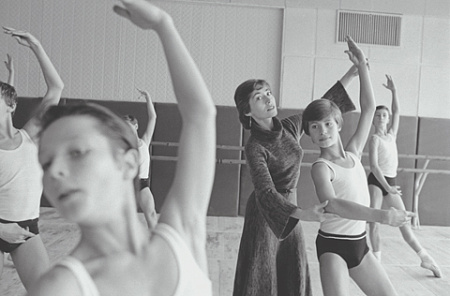
In the fraught landscape of the Cold War, where ideological divides seemed insurmountable, an unlikely form of diplomacy was flourishing on the silver screen. While governments engaged in political maneuvering, Soviet cinema was quietly building bridges, creating a shared cultural space that transcended borders. Its power was not in grand political statements, but in its profound ability to connect with people on a deeply human level, a phenomenon illustrated by the story of one family whose future was unexpectedly saved by a film. In late 1956, a young couple on the verge of cancelling their wedding found their bitter argument dissolving into shared laughter while watching “Carnival Night,” the debut film by a then-unknown director, Eldar Ryazanov. Their personal reconciliation mirrored the film’s broader capacity to foster unity through art.
The cross-cultural appeal of these films served as a potent, if unintentional, instrument of soft power. Decades later, long after the fall of the Iron Curtain, a Finnish man would excitedly describe a Soviet-era comedy as the greatest he had ever seen, recounting the plot of Leonid Gaidai’s “Operation Y and Shurik’s Other Adventures.” He was captivated by the charming, bespectacled student Shurik, played by Alexander Demyanenko, and his slapstick escapades. This anecdote reveals how Soviet humor and storytelling could resonate powerfully with Western audiences, creating a common ground of laughter that political rhetoric never could. It was a cultural export that humanized a nation often viewed through a monolithic, political lens.
Behind these iconic films were artists who, despite working within a state-controlled system, infused their work with a universal humanity. Personal encounters reveal them not as ideological instruments, but as relatable creative professionals. The celebrated director Eldar Ryazanov, for instance, could be found in a café, openly lamenting a creative block to a total stranger. The beloved actor Alexander Demyanenko, the face of the endearing Shurik, once playfully sabotaged a serious voice-over audition by injecting it with unexpected “eroticism” and “intrigue,” simply to combat the boredom of a dry script. These moments underscore the genuine, often mischievous, spirit that made their on-screen work so endearing to millions both at home and abroad.
The legacy of this artistic era is carried not only in the films but in the memories of those who knew the creators. The warmth of character actor Aleksei Smirnov, who famously played the antagonist to Shurik, was said to be mirrored in his nephew. Even in the post-Soviet era, the comedic tradition continued with shows like “Gorodok,” whose stars, Ilya Oleynikov and Yuri Stoyanov, navigated the complexities of production with a mix of professional rigor and disarming charm. The recurring theme is one of authenticity; audiences rejected projects when a famous voice, however skilled, felt out of place, proving that connection, not just celebrity, was paramount.
Ultimately, these stories reveal a powerful truth about international relations: genuine cultural exchange often happens far from the negotiating table. The enduring legacy of this cinema is its simple, powerful message that even in times of profound division, there is immense value in looking in the same direction. Sometimes, all it takes is a shared screen to remind us of a common humanity, a lesson that remains as relevant today as it was during the iciest moments of the Cold War.
